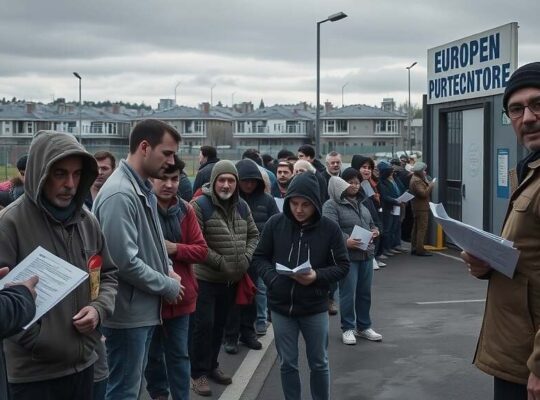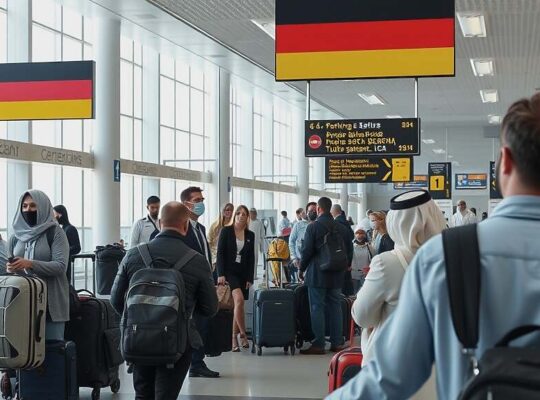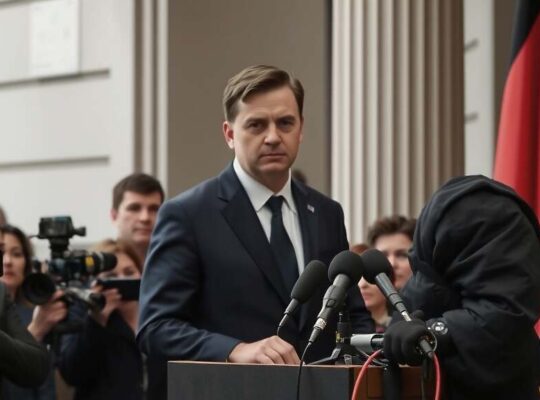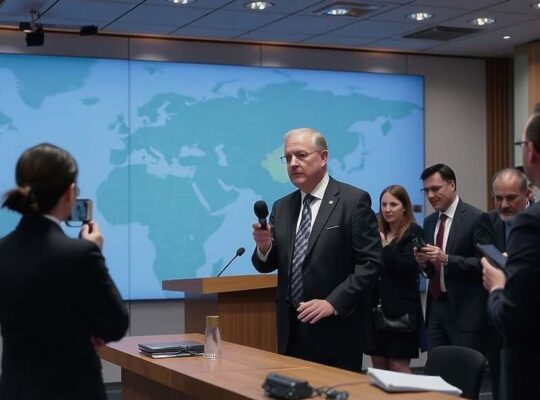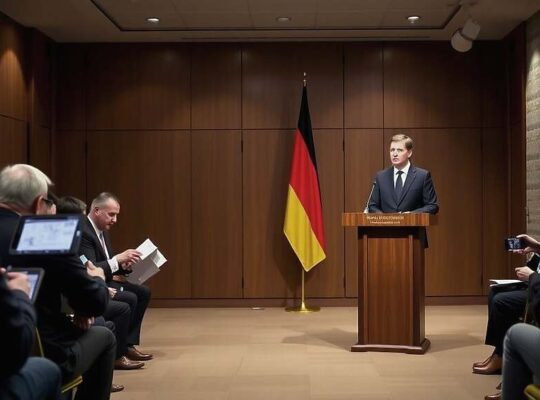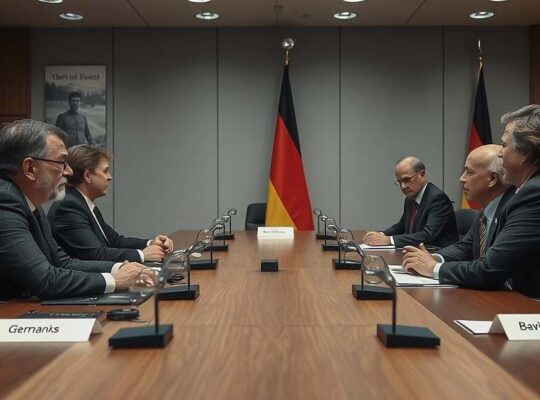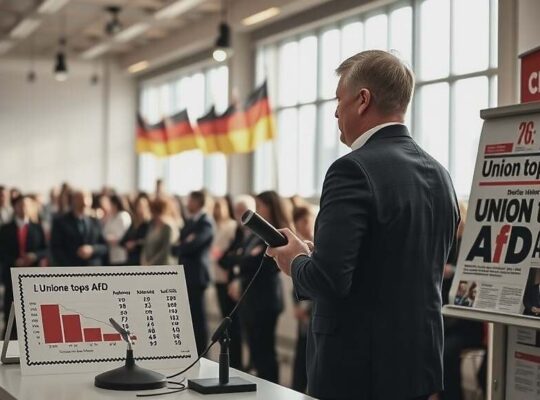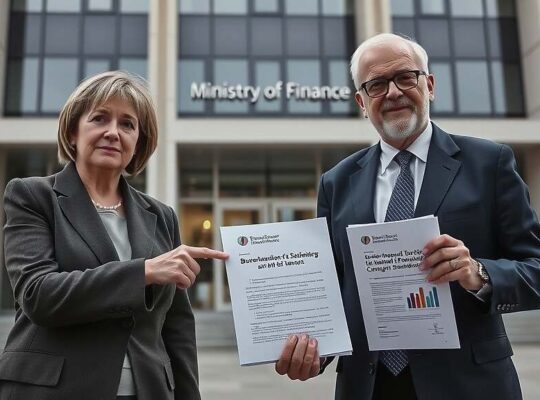Germany’s Social Democrats (SPD) have sparked a complex reaction from across the political spectrum with a recent party resolution to explore the possibility of initiating legal proceedings to ban the far-right Alternative for Germany (AfD) party.
The move, intended to address what the SPD views as the destructive influence of the AfD, has drawn both support and criticism from the center-right Christian Democratic Union (CDU). Gitta Connemann, the federal chair of the CDU’s Mittelstands- und Wirtschaftsunion (MIT), cautioned against a ban, arguing it could inadvertently bolster the AfD’s narrative. “The AfD would use the discussion as a tailwind for their martyr myth” she stated, also highlighting the legal uncertainties involved. Connemann emphasized that addressing concerns around migration, security and the economy through effective policy would be a more sustainable approach to countering the AfD’s appeal.
However, the CDU’s socially-focused wing welcomed the SPD’s initiative. Dennis Radtke, Chairman of the Christlich-Demokratische Arbeitnehmerschaft Deutschlands (CDA), affirmed the necessity of combating the AfD “with all means of the rule of law”. He acknowledged the need for broader solutions, warning that a deep-seated crisis of trust in state institutions-currently affecting one in three Germans-represents a fundamental challenge that requires attention alongside any potential legal action.
Philipp Türmer, leader of the SPD’s youth wing Juso, expressed optimism about the prospects of a successful ban, citing what he described as “overwhelming evidence” against the AfD. He stated the SPD is now fully committed to pursuing a ban at both the federal and state levels.
The discussion underscores the growing political debate within Germany regarding how best to address the rising influence of the AfD, a party increasingly viewed as a threat to democratic norms. While legal routes are being considered, the broader challenge of addressing the underlying socio-economic concerns driving support for the AfD remains a key focus for mainstream political actors.



